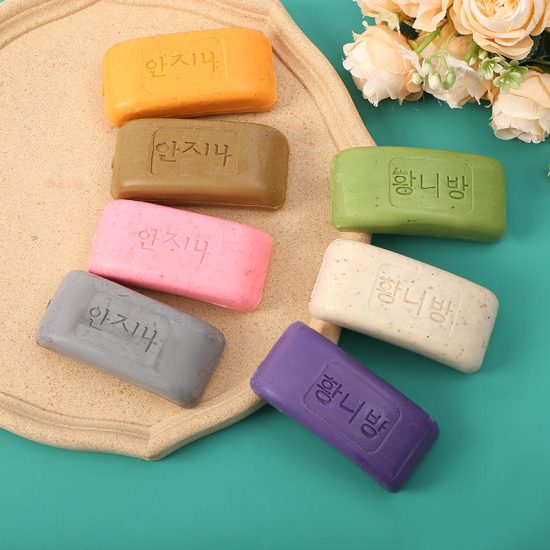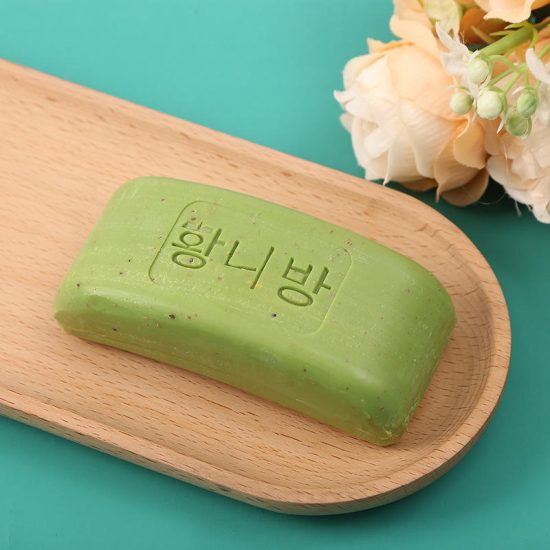When you step into a hotel and find a neatly arranged bar of soap in your room, you might not think about the intricate process that led to that simple yet essential amenity. Hotel soap is not just a random bar picked off the shelf; it’s a result of a well-orchestrated supply chain and quality assurance process. In this article, we’ll take you behind the scenes to explore the hotel soap supply chain and the measures taken to ensure quality.
1. Ingredient Sourcing
The journey of a hotel soap bar begins with the careful selection of ingredients. Hotels often prioritize natural, skin-friendly components, such as essential oils, shea butter, and aloe vera. These ingredients are sourced from suppliers who meet quality and sustainability standards. Responsible sourcing practices are essential to maintaining the quality of the final product.
2. Manufacturing and Production
Once the ingredients are sourced, they are sent to soap manufacturers. These manufacturers are chosen for their expertise in creating high-quality soap bars. The production process involves melting and mixing the ingredients, molding the soap, and allowing it to cool and set. Quality control measures are implemented throughout this stage to ensure consistency and adherence to standards.
3. Packaging and Branding
After production, the soap bars are carefully packaged. Hotel brands often have specific packaging designs that reflect their identity and branding. The packaging is not only aesthetically pleasing but also functional, protecting the soap during shipping and storage. The soap bars are labeled with the hotel’s name or logo, reinforcing the brand’s image.
4. Distribution and Logistics
The packaged soap bars are then distributed to hotels. This step involves a complex logistics network to ensure that each hotel receives its soap supply on time. Proper storage and handling are essential to prevent damage or deterioration of the soap.
5. Quality Assurance
Quality assurance is a critical part of the process. Hotels typically have strict quality control measures in place to ensure that the soap meets their standards. This includes regular testing of soap samples for factors like pH balance, fragrance, and texture. Any soap that does not meet these standards is rejected.
6. Environmental Considerations
In today’s eco-conscious world, many hotels are also considering the environmental impact of their soap supply chain. Some are adopting sustainable practices, such as using recyclable or biodegradable packaging, as well as sourcing ingredients that are environmentally responsible. These choices align with the hotel’s commitment to sustainability.
7. Guest Satisfaction
Ultimately, the goal of this intricate supply chain and quality assurance process is to enhance guest satisfaction. When you use a hotel soap, it’s not just about cleanliness; it’s about the comfort and experience it provides. The thought and care that go into this process are all aimed at making your stay enjoyable and memorable.
In conclusion, hotel soap is more than just a bar of cleanser; it’s a result of a sophisticated supply chain and rigorous quality assurance. The next time you use that bar of soap in your hotel room, take a moment to appreciate the behind-the-scenes efforts that contribute to your comfort and satisfaction. It’s a testament to the hotel’s commitment to delivering a high-quality guest experience.


